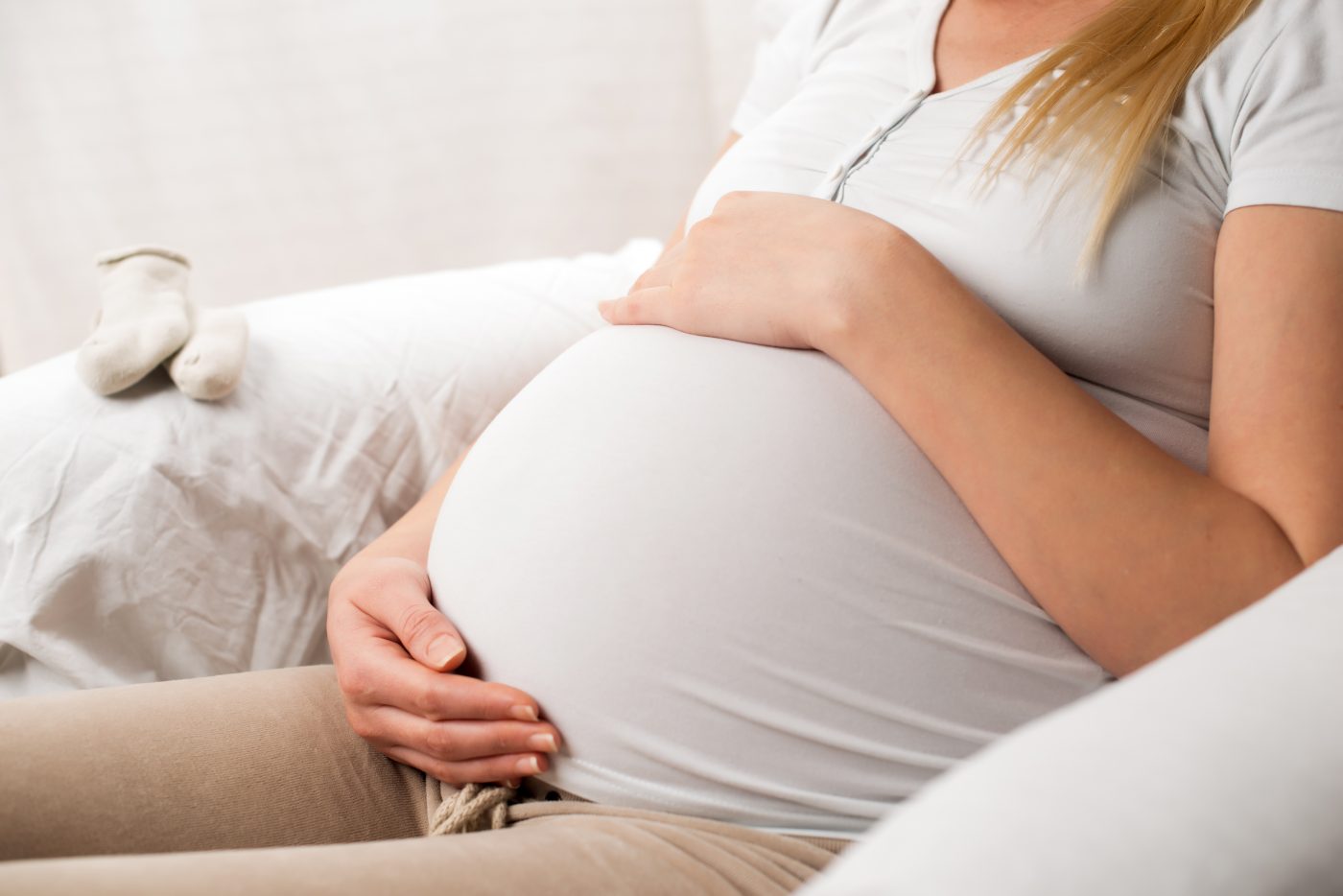A study published in the Journal of Hepatology revealed that intrahepatic cholestasis of pregnancy (ICP) is associated with later medical conditions including liver cancer. The study was led by researchers at the University of Gothenburg, the Karolinska Institutet and University Hospital in Sweden, and is entitled “Intrahepatic cholestasis of pregnancy and cancer, immune-mediated and cardiovascular diseases: A population-based cohort study”.
ICP is a liver disorder that occurs in pregnant women affecting 0.4 to 1.5% of this population. Cholestasis is a condition where the bile cannot flow from the liver to the duodenum, resulting in a bile accumulation within the liver that can impair its function. ICP usually develops in late pregnancy with women experiencing severe itchiness (pruritus) that usually begins on the palms of the hands and the soles of the feet. ICP can cause severe problems for the baby, being associated with an increased risk of premature delivery and stillbirth. As for the mother, ICP is considered an uncomfortable condition but that is thought to pose no long-term risks.
It has been previously suggested that ICP is linked to hepatobiliary disorders that might predispose women to cancer. In the study, researchers investigated the association between ICP and cancer, cardiovascular diseases and immune-mediated disorders.
Researchers analyzed 11,388 women with ICP and 113,893 matched controls without ICP who gave birth in Sweden between 1973 and 2009. Data was collected regarding cancer, immune-mediated and cardiovascular diseases diagnoses prior and after delivery.
The team found that ICP was linked to a 2.5-times higher risk for cancer in the biliary tree, and a 3.5-times higher risk for liver cancer later in life in comparison to healthy controls. Researchers were careful regarding liver cancer as it is strongly associated with infection with the hepatitis C virus (HCV), one of the most common chronic viral infections worldwide that can cause serious harm to the liver. However, even after adjusting the results for a HCV infection diagnosis, women with ICP were still found to be at 2.5-times increased risk for liver malignancies after delivery.
ICP was also associated with an increased risk of later immune-mediated diseases, especially Crohn’s disease (55% higher in comparison to the controls), diabetes mellitus (47%), thyroid disease (30%) and psoriasis (27%). Researchers also found that women with ICP had a small increased risk for later cardiovascular disease in comparison to women without the condition.
“This large population-based study in women with ICP found increased risks of later hepatobiliary cancer and immune-mediated diseases and a small increased risk of later cardiovascular disease,” noted the study’s senior author Dr. Hanns-Ulrich Marschall in a news release.
The research team concluded that women who develop ICP have an increased risk of later developing hepatobiliary cancer, immune-mediated disorders and cardiovascular diseases. The team suggests that these patients should be closely monitored after delivery.
“We strongly recommend a follow-up of serum liver tests 6-12 weeks after delivery in all women with ICP, with and without persisting pruritus, and if serum liver test results are elevated, further evaluation by a hepatologist,” concluded Dr. Marschall.

